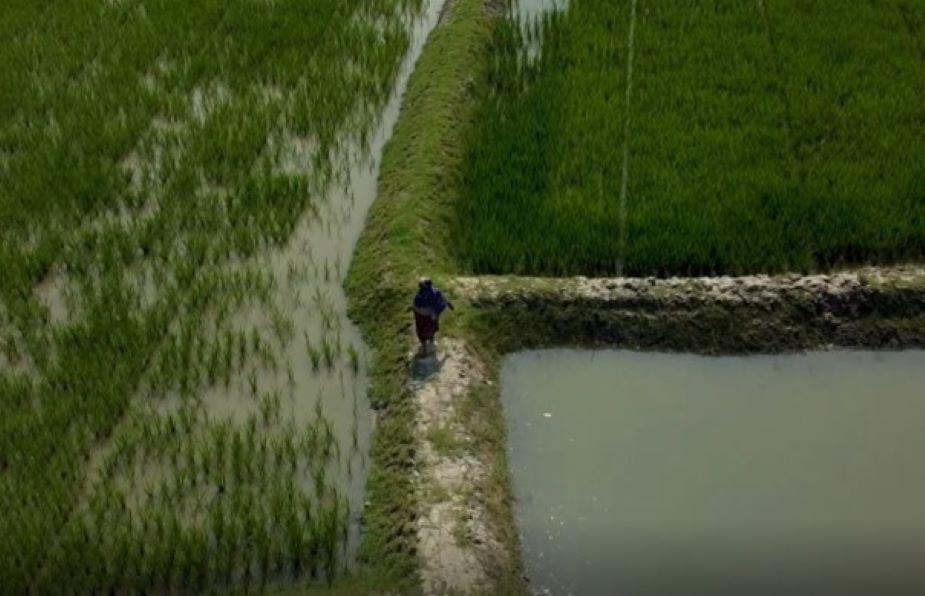Social resilience in the Sundarbans Delta: Eliciting Needs-based Grassroots Action through Cross-Group Engagement
Background
The inhabitants of the tidally active lower deltaic plain of the Ganges-Brahmaputra-Meghna basin adjacent to the Sundarbans Mangrove Forest in India and Bangladesh are highly exposed to multiple risks, including from cyclones, salinization, pandemics, and socioeconomic marginalization. While exposure to these hazards has built local resilience and relevant knowledge to interact within this particular social-ecological system, climate change and state interventions represent ongoing challenges for local communities.
Aims
The project aims to understand plural accounts and interpretations of the Sundarbans’ ‘riskscape’ produced by state and non-governmental actors and diverse members of the local communities. It seeks to support situated adaptive practices that enhance social resilience through experiments in inland fishing and integrated farming based on transdisciplinary engagement across the political boundaries of the Sundarbans.
Relevance
While the conventional approach of climate change adaptation in the Sundarbans relies on top-down technical solutions and the managed relocation of communities, our ‘living lab’ experimentations build on existing situated adaptive practices with the goals to enhance social resilience, reduce multiple risks and provide alternatives to outmigration.

